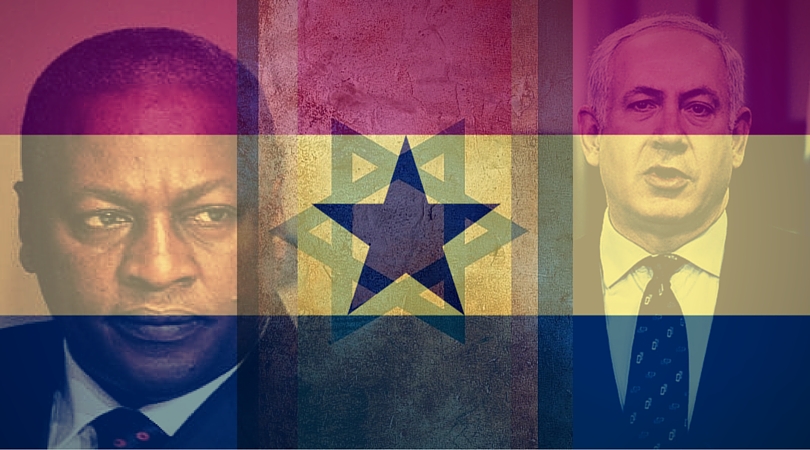When I landed in Accra, Ghana yesterday it had been just under 16 years since my last visit. The world has changed a few times over since then. Internet technology and communication has created a smaller world, a world where people from any country can dialogue and discuss with counterparts around the world.
Still, some things were the same. Women selling food and drinks from on top of their heads, children pointing to their mouth and asking for charity (although far less than what I remembered), and a distinct dichotomy between rich and poor.
In the world’s eye Africa has always been behind. Whether out of ignorance or passive racism the perception that Africa is a bunch of unstable countries, steeped in corruption, and reliant in international aid has persisted well into this century.
Like anything else, the Western world views the world through a particular historical and cultural context. It is true Africa and especially sub-Saharan Africa has had its fair share of chaos brought upon it from a clear neo-colonial agenda that saw the Western world take advantage of ravaged economies, artificial boundaries, and dictatorships it helped to foster.
Ghana as a Model
What has always made Ghana fascinating to me is the relative stability it has compared to many of its counterparts across Africa, although we can point now to many African countries, especially in the lakes region and Eastern Africa that have achieved this as well, Ghana has always seemed to exhume some sort of alternate reality as opposed to other places.
At first glance, Ghana should have similar problems with geopolitical uncertainty as other African countries. It is an artificial construct of the British merging a mosaic of African tribal nations together. It has a strong Muslim population along with a devout Christian populace. There are vast amounts of poor people, coupled with a strong wealthy upper class.
Yet, with all of the above, Ghana has seemed to skip the chaos. Part of the reason for this is that it did not sink into conflict after independence in 1957, but rather was built in a stable one party rule albeit sometimes military. However, it transitioned when it had into a multi-party rule in 1992, which has allowed for more voices to be heard and aided the growth of an exceptional economy. Although Ghana needed an IMF bailout due to a spiraling debt, it’s oil production and multi layered economy is a window for what can be in the future.
Ghana as an Ideal Partner for Israel
Ghana has appears to be strategically critical by Israel as a buffer against the spread of radical Islam into the Sub-Sahara. This takes more importance after Israel lost a growing ally in Nigeria, with the ascendancy of Mohammed Buhari.
Yet, building a strong relationship requires more than weapons, it needs real economic cooperation. This is where Israeli companies and startups would be able to take advantage of Ghana’s stability and fast paced growth. Accra may still be a third world capital, but it is quickly transforming into a modern hub in Western Africa.
Although Israel has grown close with East African countries and seems to be placing more of its emphasis on those countries, Ghana would be a great place to start to rebuild its West African strategy, after its miscalculation with Nigeria.

